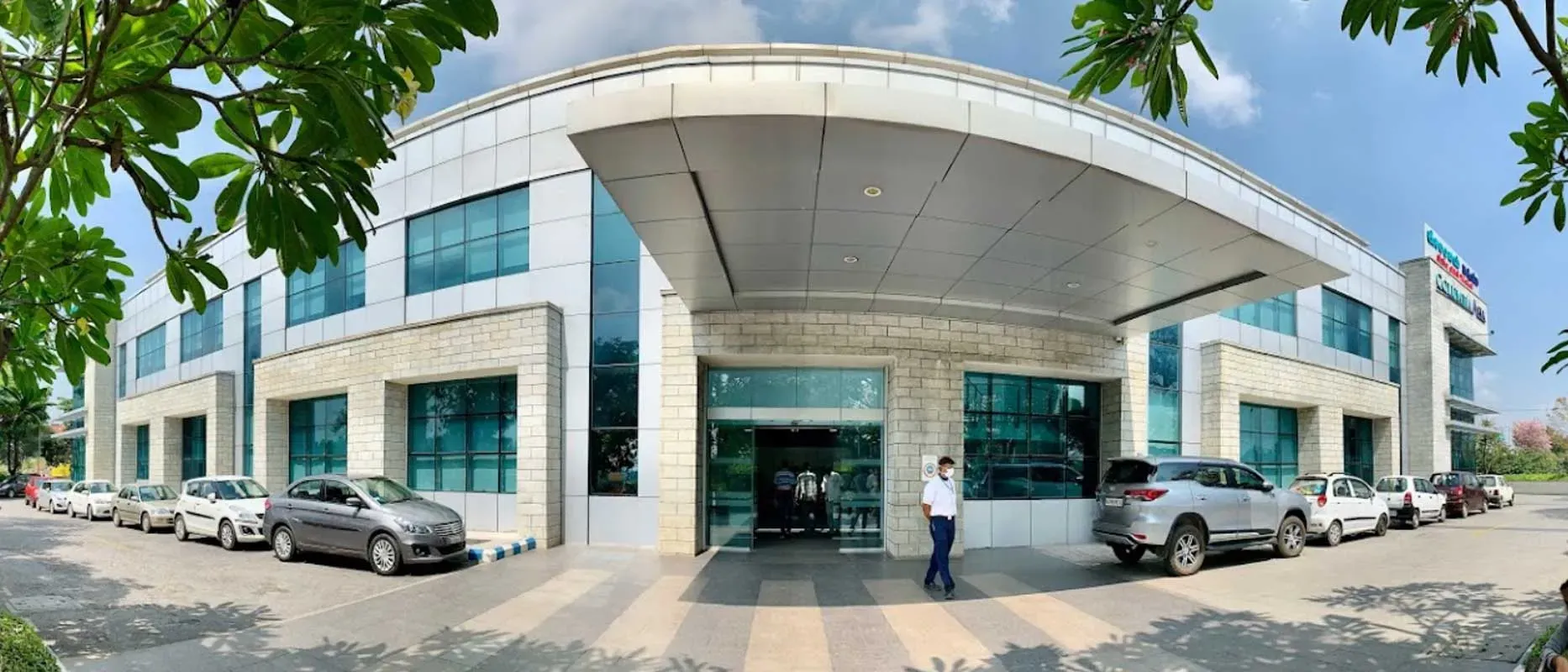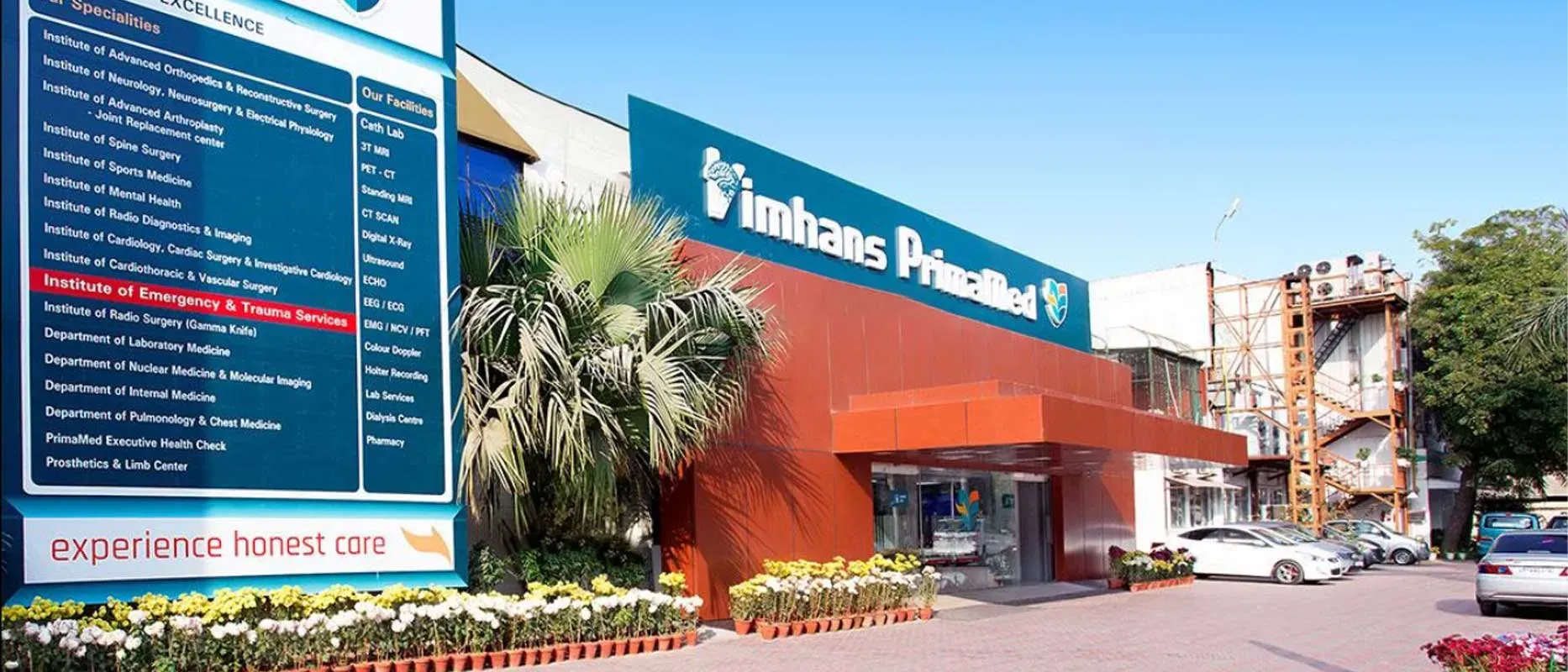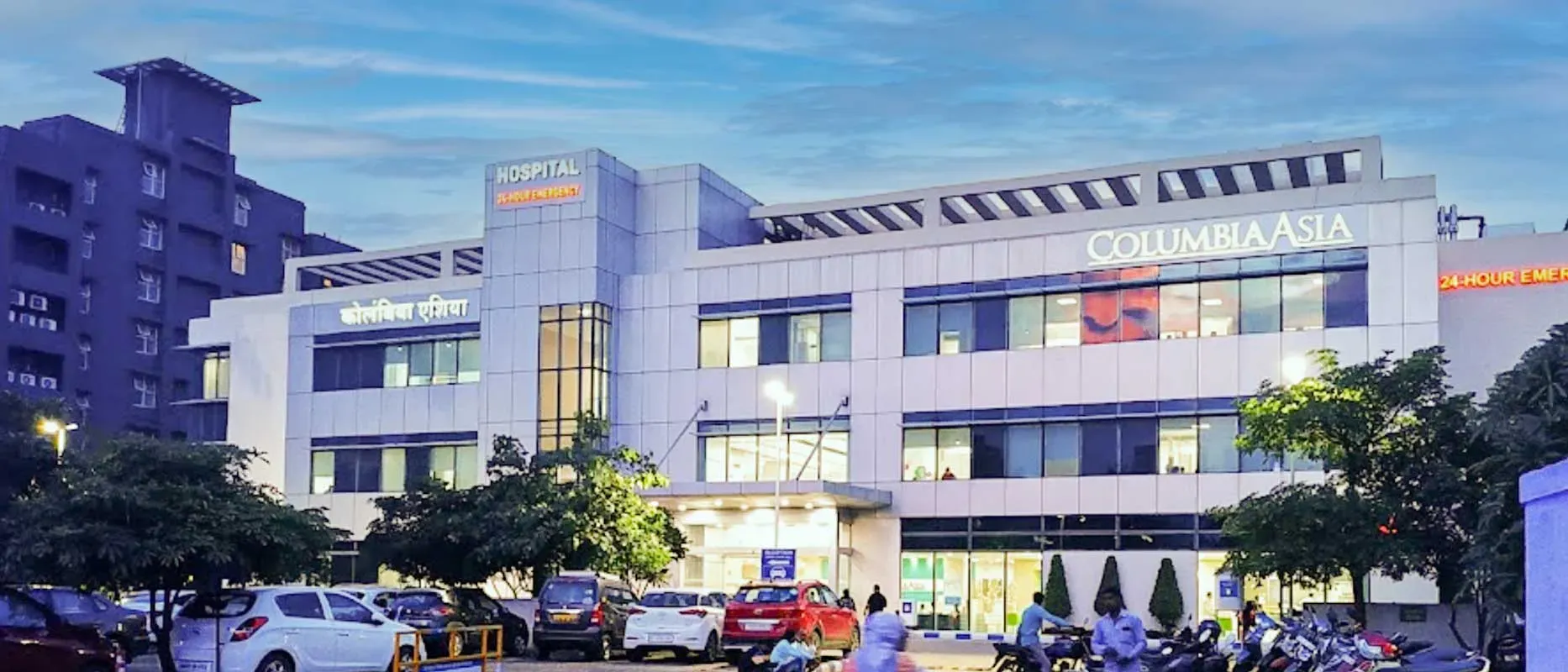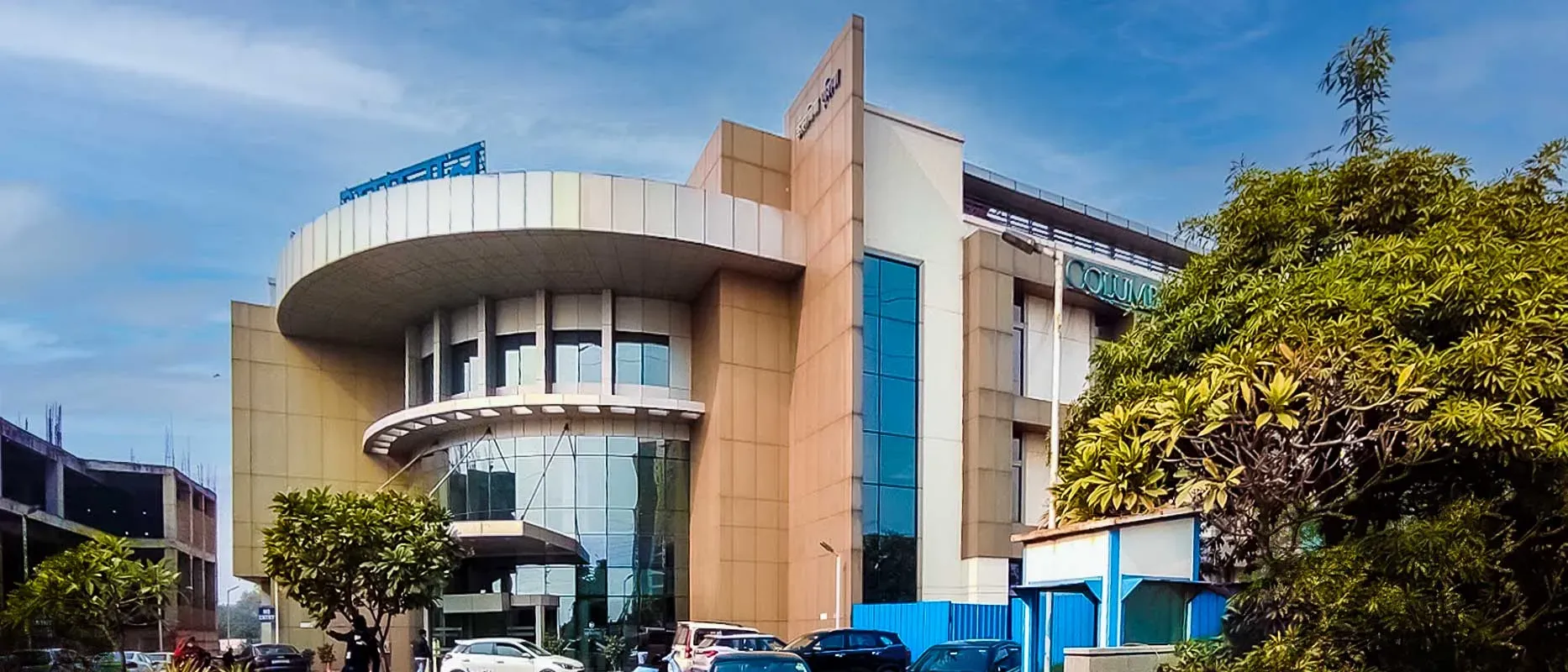Overview of Obstetrics And Gynaecology Hysterectomy Treatment India
Hysterectomy is a surgical procedure in which the uterus is removed so that the woman will not be fertile anymore. After removal of the uterus, there will be no menstruation and pregnancy. Usually the female who has various diseases of the reproductive system can also undergo hysterectomy surgery. Hysterectomy is a procedure of 2-4 hours that usually depends on the type of hysterectomy procedure. Hysterectomy can be performed either through a large incision in the abdomen or it can be performed through a minimal invasive procedure where small incisions are made. Hysterectomy is the second most common surgical procedure performed among women after C-section. Hysterectomy is performed in women with heavy bleeding, pain in groin or the risk of developing uterine cancer. Some women feel physical and emotional reactions after hysterectomy. It is very important to manage these reactions in order to benefit from the hysterectomy procedure. Some women feel the sense of being free and in good health after the surgery. Recovery after hysterectomy usually takes four to six weeks. After hysterectomy, there is restriction of doing stress activities like heavy lifting and exercise. The activity level should be increased gradually and after the time period of 3-6 weeks, the patient can resume the normal activities of daily living.
Types of Obstetrics And Gynaecology Hysterectomy Treatment India
Different types of hysterectomy can be performed. Here are some common types:
- Total hysterectomy
- Partial hysterectomy
- Radical hysterectomy
- Total hysterectomy with bilateral salpingo-oophorectomy
- Laparoscopic hysterectomy
- Vaginal hysterectomy
- Abdominal hysterectomy
Total Hysterectomy
In this type of hysterectomy, both the uterus and cervix are removed.
Partial Hysterectomy
In this type of hysterectomy, the upper part of the uterus is removed only and the cervix is not involved.
Radical Hysterectomy
This type of hysterectomy is a complicated long procedure in which the uterus, cervix, vagina and some surrounding tissues are removed. This procedure is performed on those suffering from uterine cancer.
Total Hysterectomy with Bilateral Salpingo-Oophorectomy
This procedure involves removing the uterus and also both the fallopian tubes and ovaries. This is usually performed in various diseases that involve the uterus, ovaries and pelvis.
Laparoscopic Hysterectomy
This is a minimally invasive procedure of hysterectomy that includes small incisions. Uterus and cervix are removed in smaller portions through the small incisions.
Vaginal Hysterectomy
In this type of incision, the uterus and cervix are removed through the vagina. This procedure is used when there are no complications associated with the uterus.
Abdominal Hysterectomy
This type of hysterectomy is a type of open surgery where large incisions are made in the abdomen and uterus is removed with other structures. This procedure is used when there are certain complications associated with the uterus.
Procedure of Hysterectomy
The general overview of the hysterectomy is described below:
Anesthesia: anesthesia is given during the procedure to minimize the pain and discomfort during the procedure.
Incision: the short or large incisions are made according to the type of procedure. The incisions are made in the suitable area according to the type of procedure.
Accessing the uterus: The surgeon separates the surrounding tissues like muscles and blood vessels to access the uterus.
Removal of the uterus: The method of removing the uterus depends on the type of hysterectomy:
Total hysterectomy: The entire uterus and cervix are removed.
Partial hysterectomy: Only the upper part of the uterus is removed.
Radical hysterectomy: In this type of procedure, the uterus, the cervix, upper vagina, and surrounding tissues are removed.
Closure and recovery: After removing the uterus, the surgeon will close the incisions by using sutures. Sometimes the drains are inserted to remove the excess of fluid. Medications are applied to prevent any type of infection.
Post-operative care: After the procedure, the medications are used to manage pain, infection and to prevent the blood clot formation.
Diagnosis of Obstetrics And Gynaecology Hysterectomy Treatment India
Cost of Hysterectomy in India
The cost of hysterectomy in India ranges from 960 USD-1440 USD. The cost may vary according to the complication of the individual patient. It may also vary according to the facilities of the hospital, skills of the health practitioner and the location of the hospital in different cities of India.
Different procedure of hysterectomy and their cost in India:
| Treatment Costs in India |
Min in USD |
Max in USD |
| Vaginal Hysterectomy |
600 USD |
720 USD |
| Laparoscopic Hysterectomy |
780 USD |
900 USD |
| Abdominal Hysterectomy |
624 USD |
780 USD |
Symptoms and Risk factors
Here are some of the names of the conditions in which hysterectomy is indicated:
- Uterine fibroids
- Adenomyosis
- Endometriosis
- Uterine prolapse
- Abnormal uterine bleeding
- Cancers of the reproductive system such as uterine, ovarian, or cervical cancer.
- Chronic pelvic pain
- Severe pelvic inflammatory disease
- Precancerous conditions of the uterus such as severe dysplasia or hyperplasia.
- Intractable pelvic infections
- Certain genetic conditions or abnormalities affecting the uterus
- Non-responsive to other conservative treatments
Risk Factors of Hysterectomy
Here are some of the risks associated with hysterectomy mentioned below:
Surgical Risks
Hysterectomy is a major surgery and like any surgery it has a risk of bleeding, infection, blood clots, or damage to the structures in surroundings during the procedure. These complications can further complicate the recovery process.
Anesthesia Risks
Some people develop allergic reactions, breathing difficulties, or immune reactions to the anesthesia administration. The anesthesia dose should be managed to prevent these complications.
Infection
There is a possibility of developing an infection at the incision site. Infection can also be developed late after the closure of incisions so proper medications should be used to prevent any type of infection.
Blood Loss
During hysterectomy, there are chances of excessive bleeding because hysterectomy is a type of major surgery. It may require a blood transfusion. Sometimes, excessive bleeding can occur after the surgery.
Injury to nearby Organs
There is a small chance of damaging organs near the uterus, like the bladder, bowel, or blood vessels during the surgery. This may happen due to the poor skill of the surgeon.
Reactions to Medications
The medications used in the hysterectomy or after the procedure have their own side effects. Some drugs may cause excessive negative reactions that can complicate the recovery.
Hormonal Changes
After hysterectomy, there is an imbalance of hormone levels due to removal of the uterus. These changes can lead to various symptoms like hot flashes, mood swings, or changes in sexual function.
Emotional Impact
Hysterectomy can have emotional effects, such as feelings of loss and changes in body image. The emotional challenge of being infertile for the rest of life can be difficult for most women, especially for those who had hysterectomy due to uterine cancer.
Top Hospitals for Hysterectomy in India
Shaping the future of the healthcare institution and establishing the path to accomplishment.
Top Doctors for Hysterectomy in India
Empower your Health with the Expertise of Leading Medical Professionals.
Dr Shanu Gairola
Department of Obstetrics & Gynaecology
Consultant
Book Appointment
Dr. Anshumala Shukla-Kulkarni
Department of Gynaecology
Consultant
Book Appointment
Treatment Costs for Hysterectomy
Be the change and be an opportunist in transforming healthcare.
How it's Works
Guiding your Journey from Discovery to Treatment Planning and Beyond.
Discovery
Get a consultation to discover about your treatment
Pre-Treatment
Admission to the best hospital and all pre-treatment facilities
Post Treatment
Get post-treatment follow-up care with medicine fulfillment
Treatment Planning
Hassle-free treatment planning with package & cost estimations
in-treatment
world-class quality procedures and equipment for treatment


























